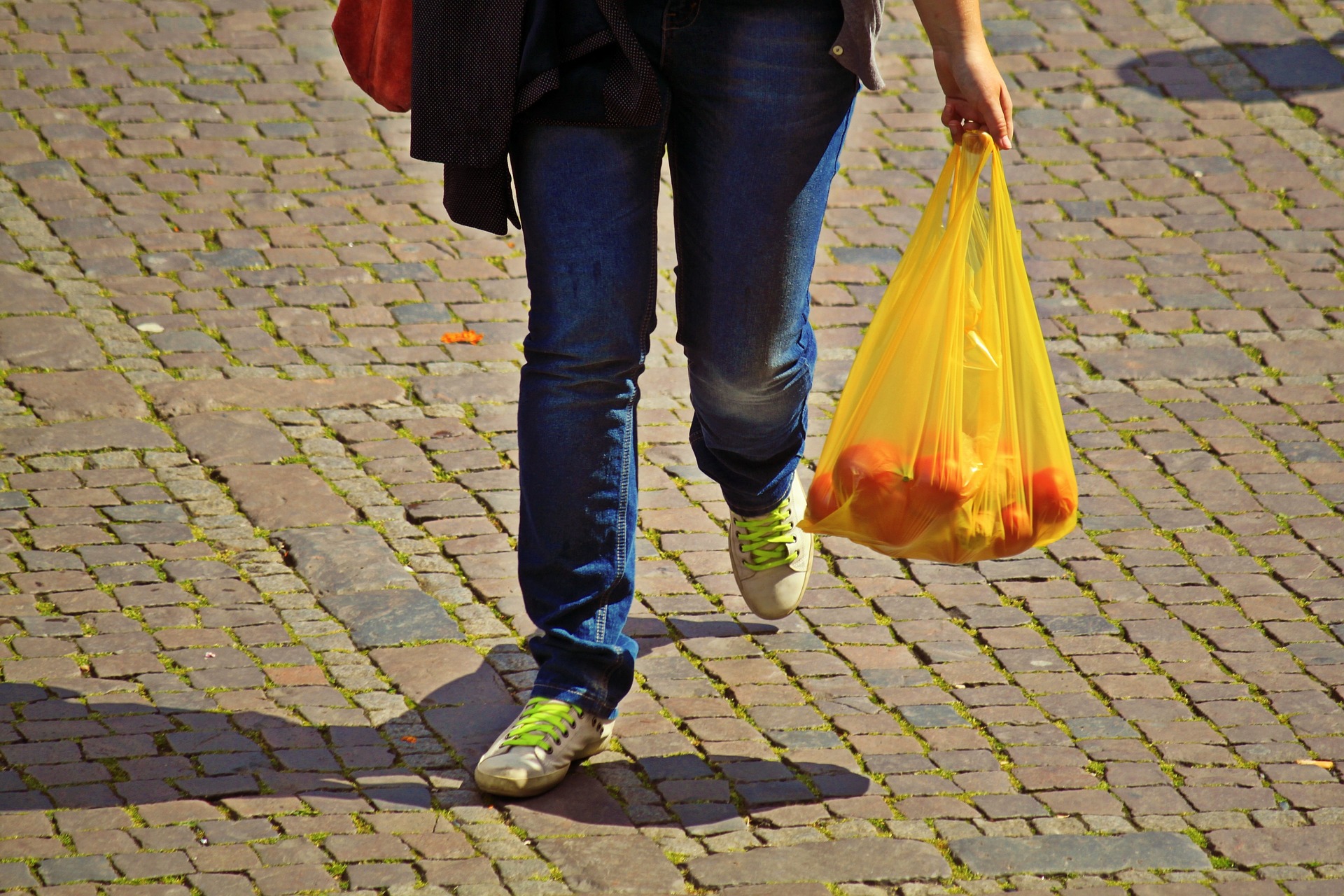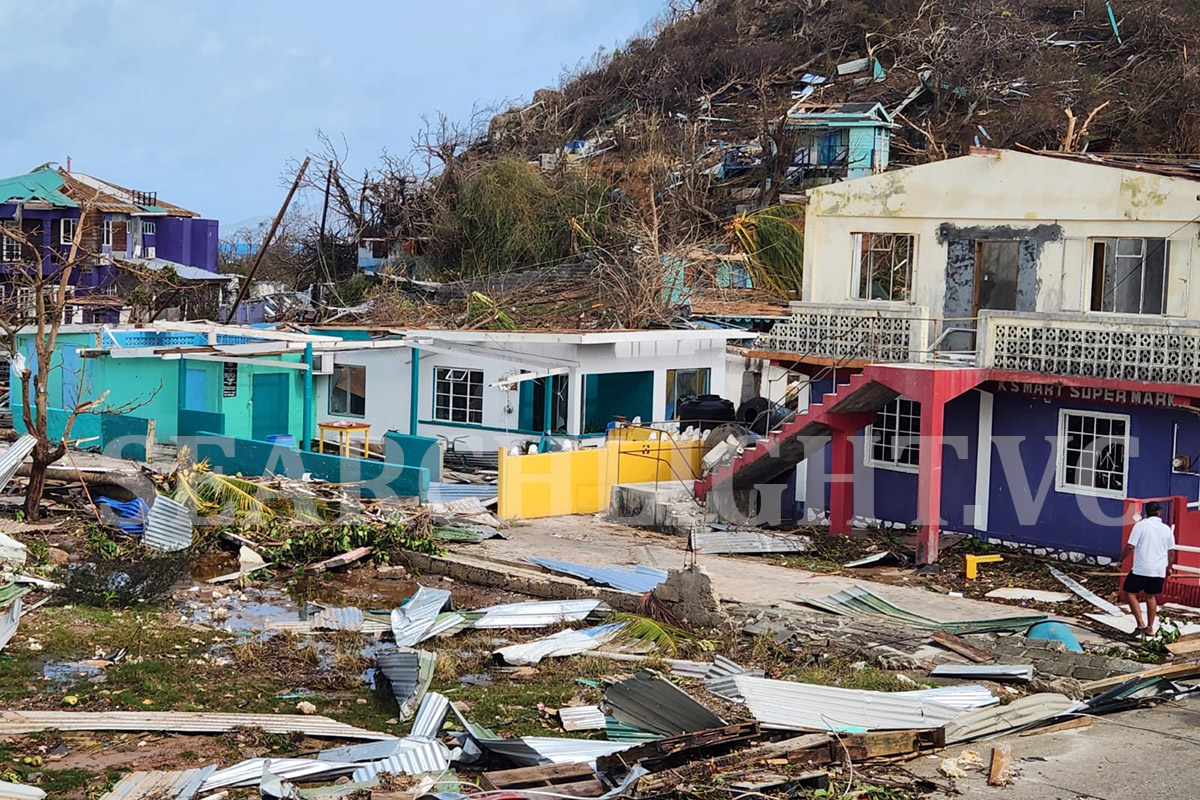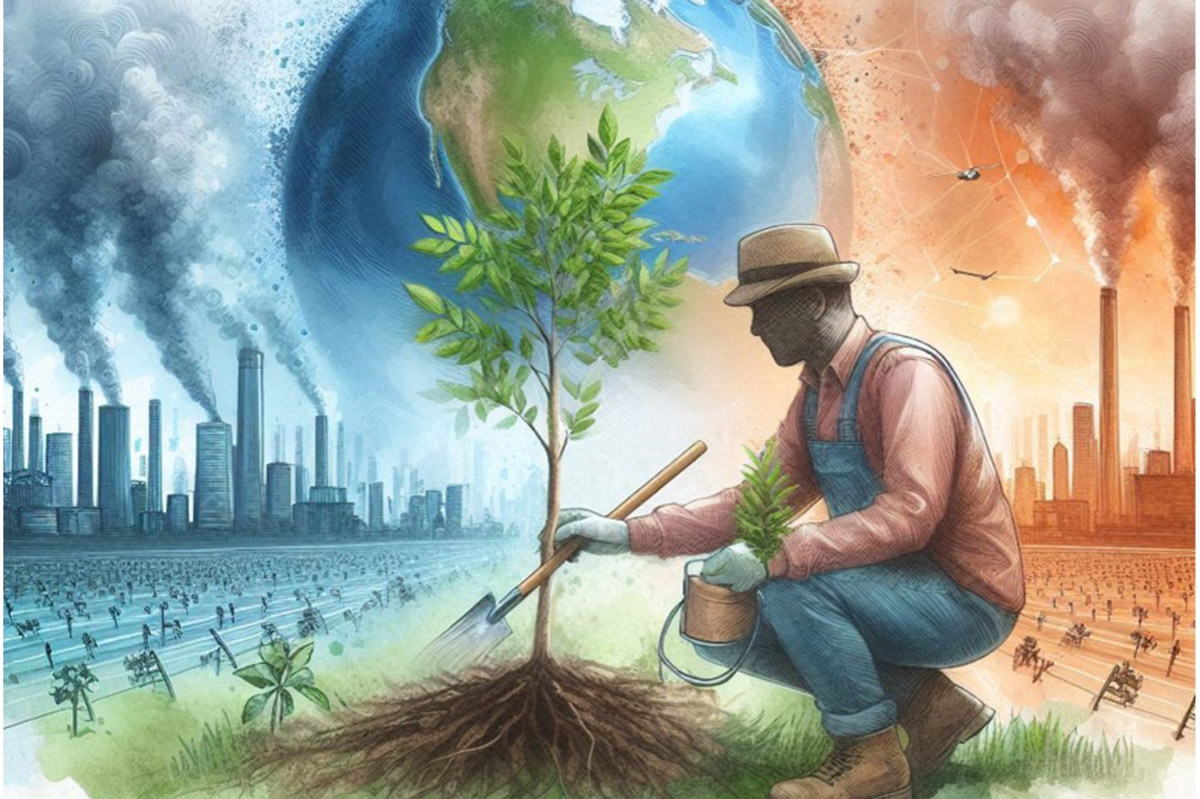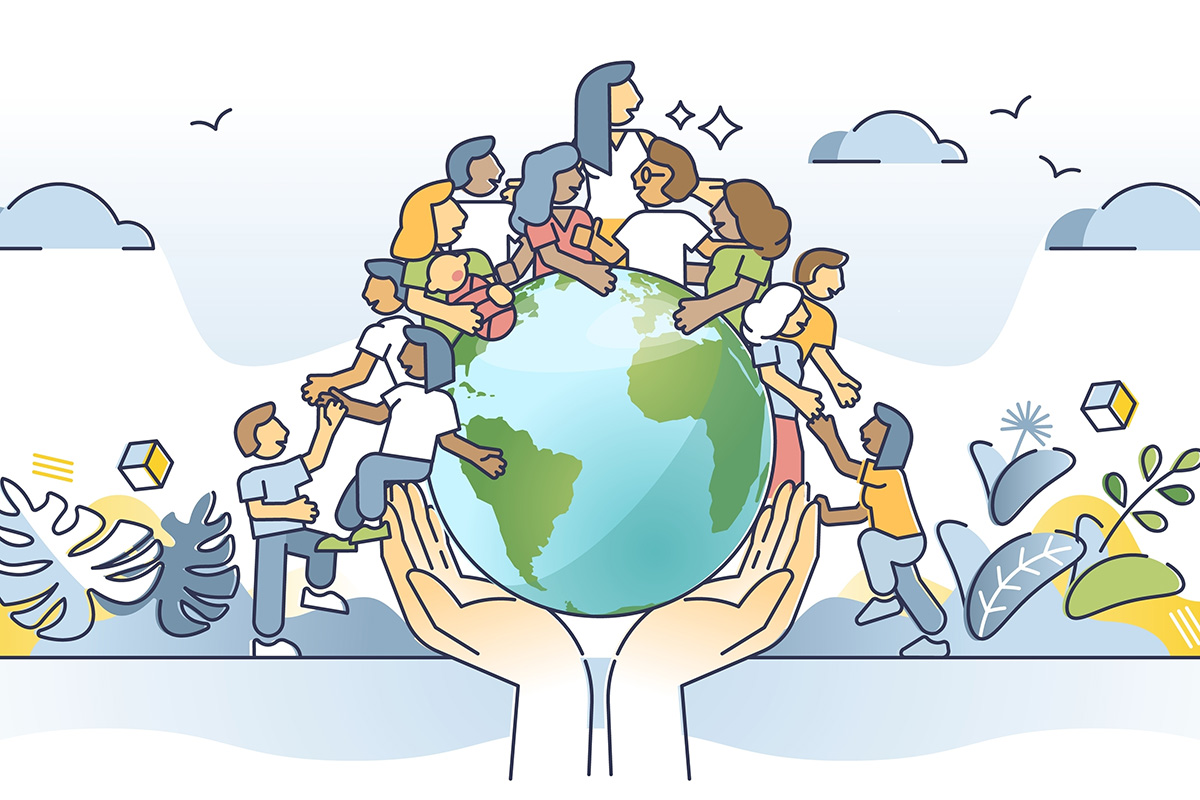Battling plastic pollution
June 17Carrying home products in neatly packed plastic bags is both practical and pleasing. But our obsession with plastics is wreaking havoc on the environment, particularly our oceans, writes 26-year-old Ahmed Umer Sohaib from Lahore, Pakistan. But what is the true cost of our convenience?
Shoppers everywhere in the world have at one time or other bought groceries or goods from markets and stores packaged or packed in different types of plastics.
Plastic is probably the most widely used type of packaging in the world. It is cheap, light and durable. It can be moulded into any shape and can be dyed into any colour. Plastic bags are used for everything from packing groceries to carrying dry-cleaned clothes.
Once we take our goods out of their packaging, plastic bags are mostly thrown away along with household rubbish. These plastics create two kinds of problems. Firstly, they get stuck in drainage systems and hamper the flow of water from households and industries. This blockage makes the surroundings stink and can even lead to flooding.
Secondly, after the plastics are taken away by waste management agencies, they are dumped in landfills and other sites. More often, however, they find their way into our rivers and oceans.
Plastics don’t decompose the same way organic material does. Organic material such as food and garden waste are transformed by bacteria in the soil into other useful compounds. On the other hand, plastics usually need high temperatures to break down. Plastic bags can take anywhere from 10 to 1,000 years to disintegrate.
Save our oceans
Plastics pose a great danger to marine life. Animals who eat plastic starve because they can’t digest the plastic. It fills their stomachs, preventing them from eating real food.
If an animal dies and decays after eating plastic, the plastic is released back into the marine environment to carry on killing other wildlife. Many documentaries have shown turtles, gulls, dolphins and seals getting entangled in or choking on plastic bags.
They say that what goes around, comes around. When we dump plastics into the oceans, fish and other marine life eat it. It eventually finds its way back into our homes through the seafood we eat.
Most marine life has been found to have traces of plastic either as a result of having eaten it directly or having eaten other marine life that has ingested plastic. So, by polluting the water with plastics, we are also contaminating our own bodies.
Although the damage to human health is still being studied, an article published by the US National Center of Biotechnology Information suggests that the chemicals in plastics not only contain toxins, they could also lead to cancers. These chemicals also wreak havoc on our hormones and can lead to a range of other negative effects, including birth defects.
Finding a lasting solution
Plastic pollution is a grave problem in the 21st century. So, what is the answer? Recycling is one way to ensure plastics do not make their way into our landfills and oceans.
Banning plastic bags is another way to solve this problem. Earlier this year, the Khyber Pakhtunkhwa (K-P) province in north-west Pakistan banned the sale of plastic bags in shopping malls and medical stores.
The K-P Environmental Protection Agency (EPA) further issued an order that all existing stock of plastic bags should be discarded. Isothermal bags that are used to carry medicines, agricultural and industrial products were exempted from the ban.
This has been seen as a sincere attempt to mitigate the high-volume use of plastic bags. Biodegradable plastic bags which decompose within six months will be introduced. Other provincial governments of Pakistan are also planning to launch such campaigns.
American theologian and author James Freeman Clarke once said: “A politician thinks about the next election and a statesman thinks about the next generation.” It is high time for governments to act.
It is heartening that a new report from UN Environment and the World Resource Institute found that at least 127 countries have adopted some form of legislation to regulate plastic bags as of July 2018. These policies range from outright bans to progressive phase-outs.
Paper bags or biodegradable plastic bags need to be introduced to replace plastic bags. Entrepreneurs should also create alternatives to plastic bags – currently these can be used to make building material.
By rethinking our use of plastic bags, each of us can do our part to reduce pollution and save the oceans and marine life for future generations.
Photo credit: Image by cocoparisienne, Pixabay (license)
………………………………………………………………………………………………………………
About me:
I am a passionate writer, a scientific researcher and an eloquent speaker from Lahore, Pakistan. I have served as Head of the Standing Committee on National Security and Foreign Affairs in Pakistan’s Youth Parliament. I am a true democrat with an aptitude of formulating policies through rational debates. I volunteer in social work and write for Pakistan’s top newspapers. Currently, I am serving as a lecturer in Superior University Lahore where I teach and inspire students to reach for their goals.
……………………………………………………………………………………………………………………………………………………
Opinions expressed in this article are those of the author and do not necessarily represent the views of the Commonwealth Youth Programme. Articles are published in a spirit of dialogue, respect and understanding. If you disagree, why not submit a response?
To learn more about becoming a Commonwealth Correspondent please visit: http://www.yourcommonwealth.org/submit-articles/
……………………………………………………………………………………………………………………………………………………





